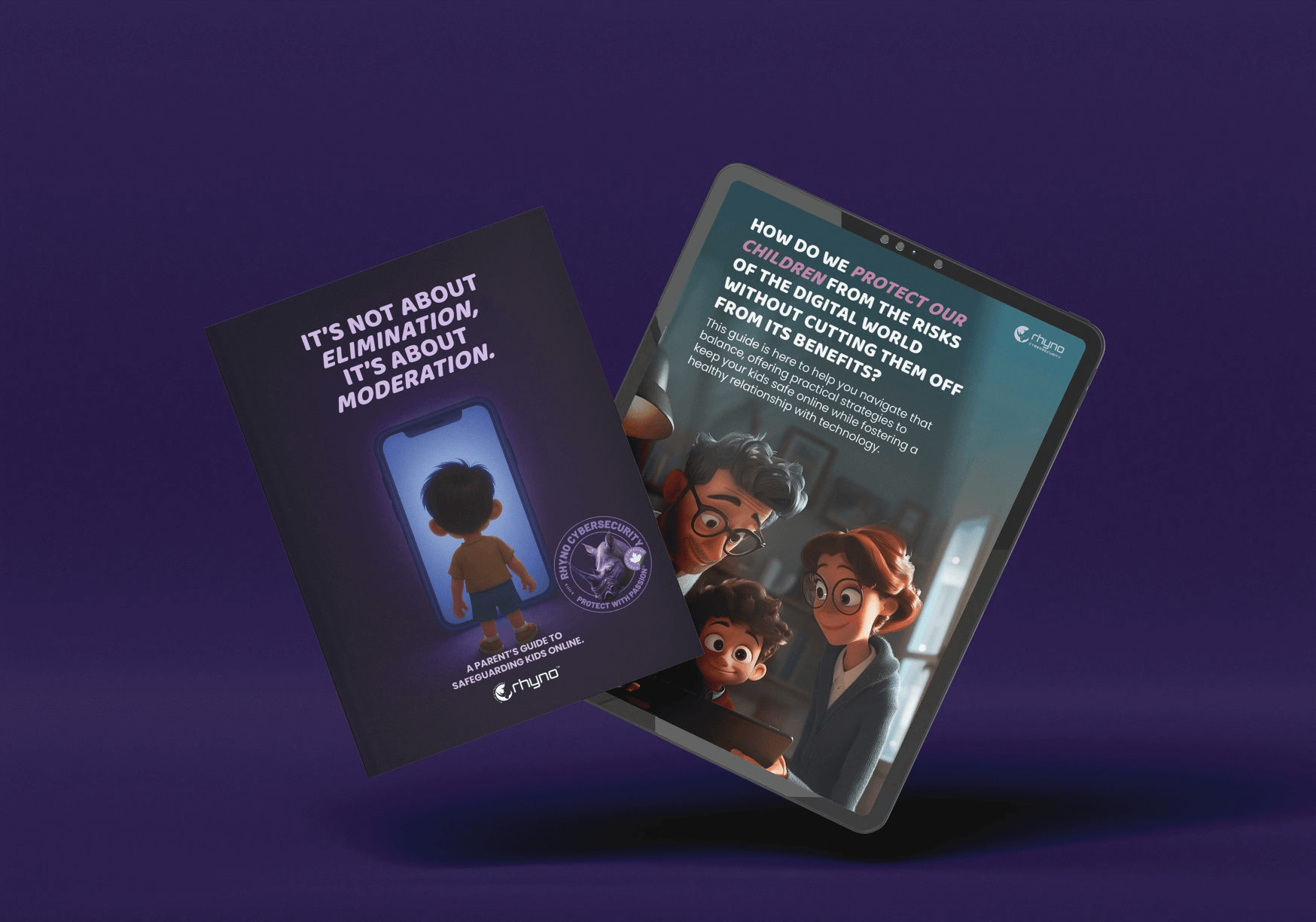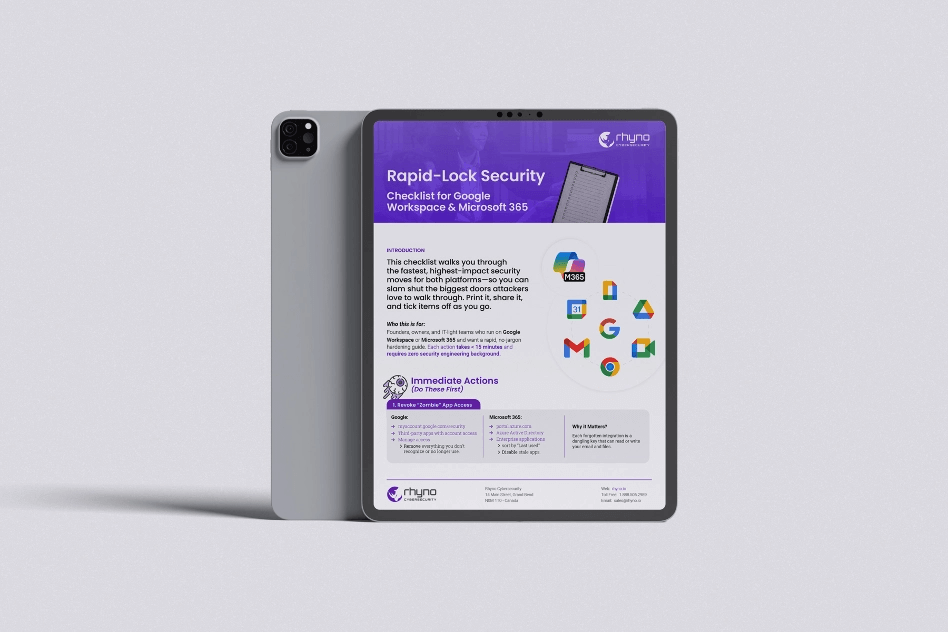Ban Proposed on Chinese, Russian Auto Tech
The U.S. Department of Commerce is aiming to restrict the use of foreign software and hardware—especially from China and Russia—in Auto Tech. The Bureau of Industry and Security (BIS) announced that the proposed regulations target the hardware and software built into Vehicle Connectivity Systems (VCS) and Automated Driving Systems (ADS).
You might be interested in: Americans Increasingly Rely on TikTok for News
These critical systems enable connected vehicles to have external connectivity and autonomous driving features through specific hardware and software components.
National Security and Privacy Concerns
The Central Intelligence Agency (CIA) has warned that unauthorized access to these systems could allow adversaries to steal data and remotely control U.S. vehicles. The BIS cautioned that certain technologies from China and Russia pose undue risks to U.S. critical infrastructure and users of connected vehicles, potentially endangering national security and personal privacy.
Scope of the Proposed Restrictions
The proposal applies to cars, trucks, and buses but excludes agricultural and mining Auto Tech. The new rule would ban the import and sale of vehicles equipped with VCS or ADS hardware or software linked to China or Russia. Additionally, manufacturers from these countries would be prohibited from selling connected vehicles in the U.S. that use such hardware or software, even if the vehicles are assembled domestically.
Implementation Timeline
According to the BIS, the prohibitions on software would start with the 2027 model year, while the hardware restrictions would begin with the 2030 model year, or on January 1, 2029, for units without a model year.
Statements from Officials about Auto Tech
Alan F. Estevez, Under Secretary of Commerce for Industry and Security, stated, “This rule is a major step toward protecting America’s technology supply chains from foreign threats and securing connected vehicle technologies from exploitation by China and Russia.”
The White House’s Position
In a coordinated statement, the White House said that this action will strengthen U.S. automotive supply chains against foreign threats. They noted that as vehicles become more connected to U.S. digital networks, they allow for the collection and potential misuse of sensitive data.
“Certain hardware and software in connected vehicles can capture information about geographic areas or critical infrastructure,” the White House added. “This presents opportunities for malicious actors to disrupt the operations of infrastructure or the vehicles themselves.”
Data Collection Concerns in Connected Vehicles
Internet-connected vehicles have become another way for companies to gather data. For example, Tesla’s car cameras can capture detailed videos and images, and driving habits can be shared with car insurance providers.


